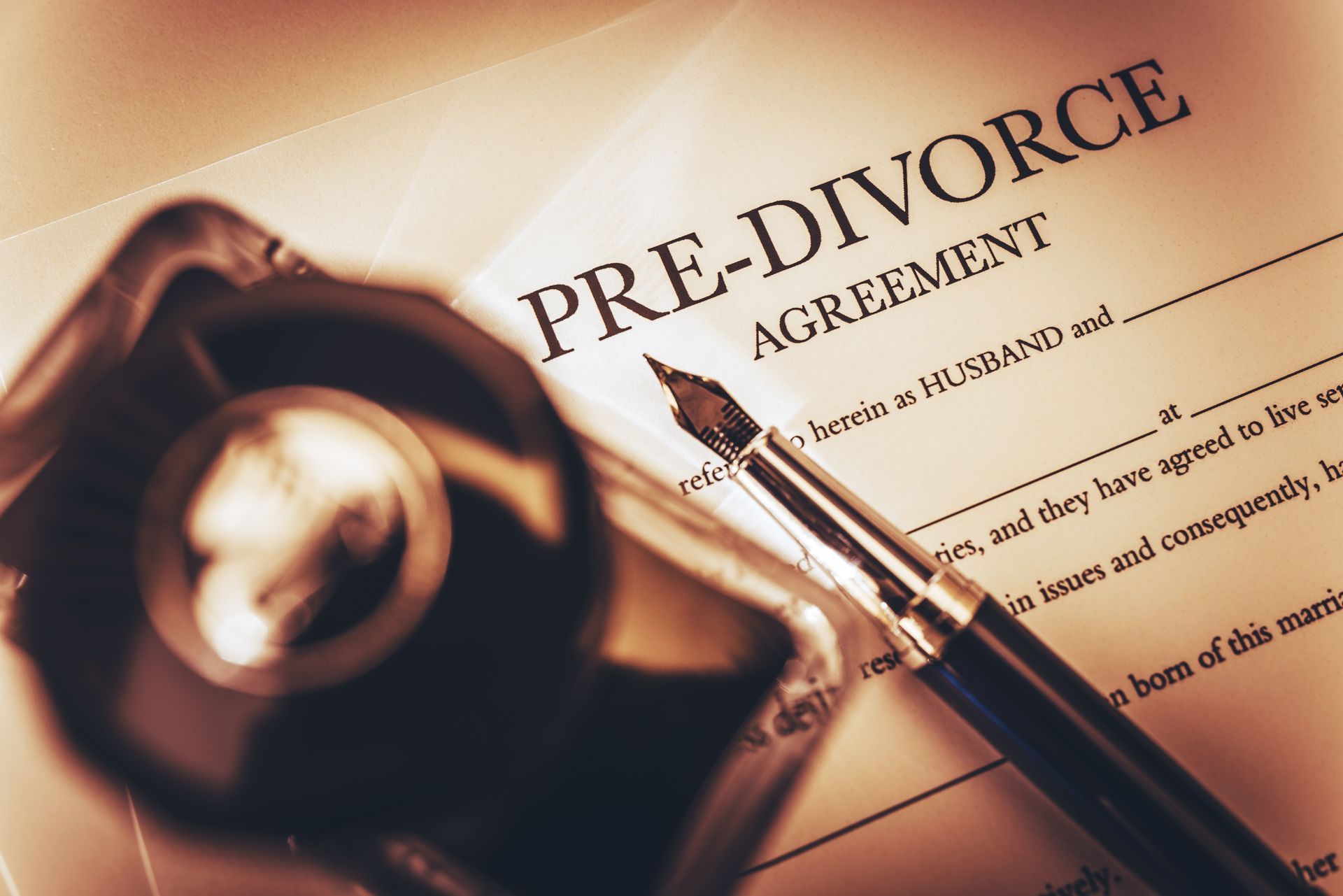What Happens When You Die Without A Will?
If you ever find yourself stuck talking to someone at a party and need to escape, just begin a conversation about death.

If you ever find yourself stuck talking to someone at a party and need to escape, just begin a conversation about death. After taking an initial gracious interest, they are almost guaranteed to start looking uncomfortable and politely move away. Despite being the one sure thing that we all have in common, people, in general, find talking or even thinking about death awkward. It is no wonder; therefore, that around 60% of adults do not have a Will. Furthermore, few understand the consequences of dying intestate.
What does it mean to die intestate?
If you end your time on earth without having a valid Will in place, legally you have died intestate. Therefore, because you have not drafted a document that sets out how and to whom you want your property and assets distributed after your death, the State steps in and does it for you. In England and Wales, this is achieved under the Rules of Intestacy.
What are the Rules of Intestacy?
The Rules of Intestacy are a set of provisions that determine how a deceased’s property and assets will be distributed if they do not have a valid Will.
Under the Rules, the deceased’s estate will be dispersed as follows:
- If there are no children but the deceased was married or in a civil partnership, the spouse or civil partner receives the entire estate. This is true even if the couple has been separated for many years.
- In cases where there are children, the spouse or civil partner will receive the first £270,000 of the estate plus half of the remainder. The other half will be divided equally among the surviving children.
- In cases where the deceased was living with a partner, the partner is entitled to nothing under the Rules. If there are surviving children, they will receive all the estate to be divided between them. If the deceased has no surviving children, the estate will go to grandchildren, parents, or siblings, depending on the circumstances. If there are no living relatives, the estate will revert to the Crown.
The Rules of Intestacy can result in devastating unfairness. For example, you may have been living with your partner for decades and have every intention of ensuring they are provided for after your death. However, without a Will, they are not entitled to any of your estate. Another intestacy situation that can cause distress is where a couple is separated but have not divorced or had their civil partnership dissolved. In this situation, the spouse or civil partner would be entitled to a significant share of the estate. You may have wanted your children to inherit everything; however, unless you have a valid Will, they will only receive 50% of the residual estate. The rest will go to your estranged spouse or civil partner.
What happens to my children if I die without a Will?
If you have children, it is imperative to set out in a valid Will who you want to become their guardian/s should you and their other parent die simultaneously. Without an appointed guardian, orphaned children become the responsibility of the Courts who may place them in care whilst deciding who should become their guardian. Furthermore, they will only receive a small portion of your estate.
How do I make a valid Will?
Under section 9 of the Wills Act 1837, “No will shall be valid unless:
(a) it is in writing, and signed by the testator, or by some other person in his presence and by his direction; and
(b) it appears that the testator intended by his signature to give effect to the will; and
(c) the signature is made or acknowledged by the testator in the presence of two or more witnesses present at the same time; and
(d) each witness either—
(i) attests and signs the will; or
(ii) acknowledges his signature, in the presence of the testator (but not necessarily in the presence of any other witness), but no form of attestation shall be necessary.”
It is always sensible to have a Solicitor advise you and undertake the drafting of your Will. Although you can purchase DIY Wills from stationery stores, not investing in legal advice means you run a significant risk of neglecting to consider one or more aspects of your estate or making an invalid Will. Both these situations could result in a family dispute developing and the Will being challenged in Court.
Final words
The Coronavirus pandemic has shown us how fragile life is. Ensuring your affairs are in order before you die is a gift you can give to your loved ones. When the time comes, which it inevitably will, they will appreciate being able to distribute your property and assets as you would have wanted, free from the stress of having to second guess your true wishes.
Our Wills Solicitors can advise you on all aspects of Wills and estate planning. For a free consultation please call us on 0208 300 6666.














